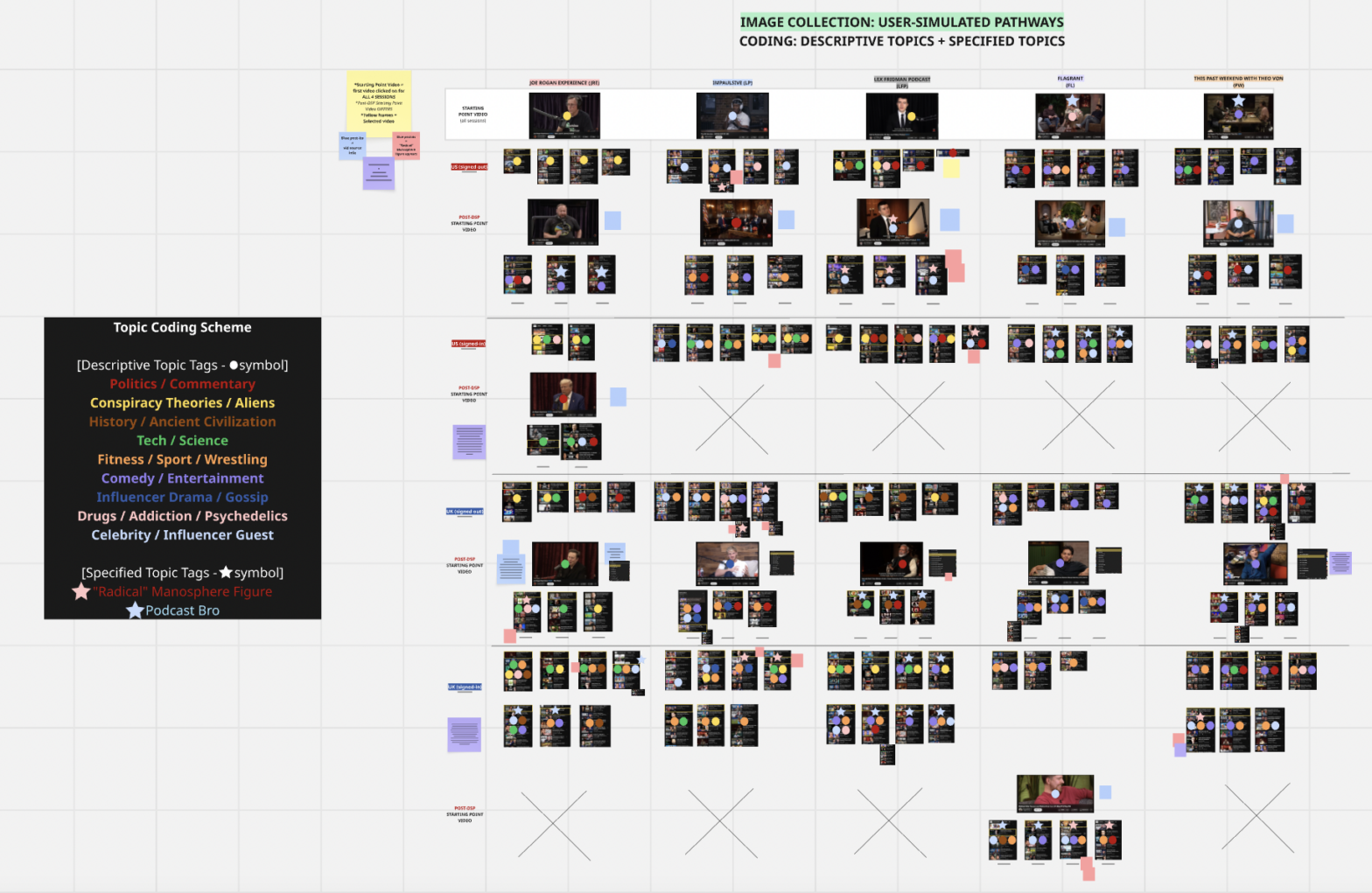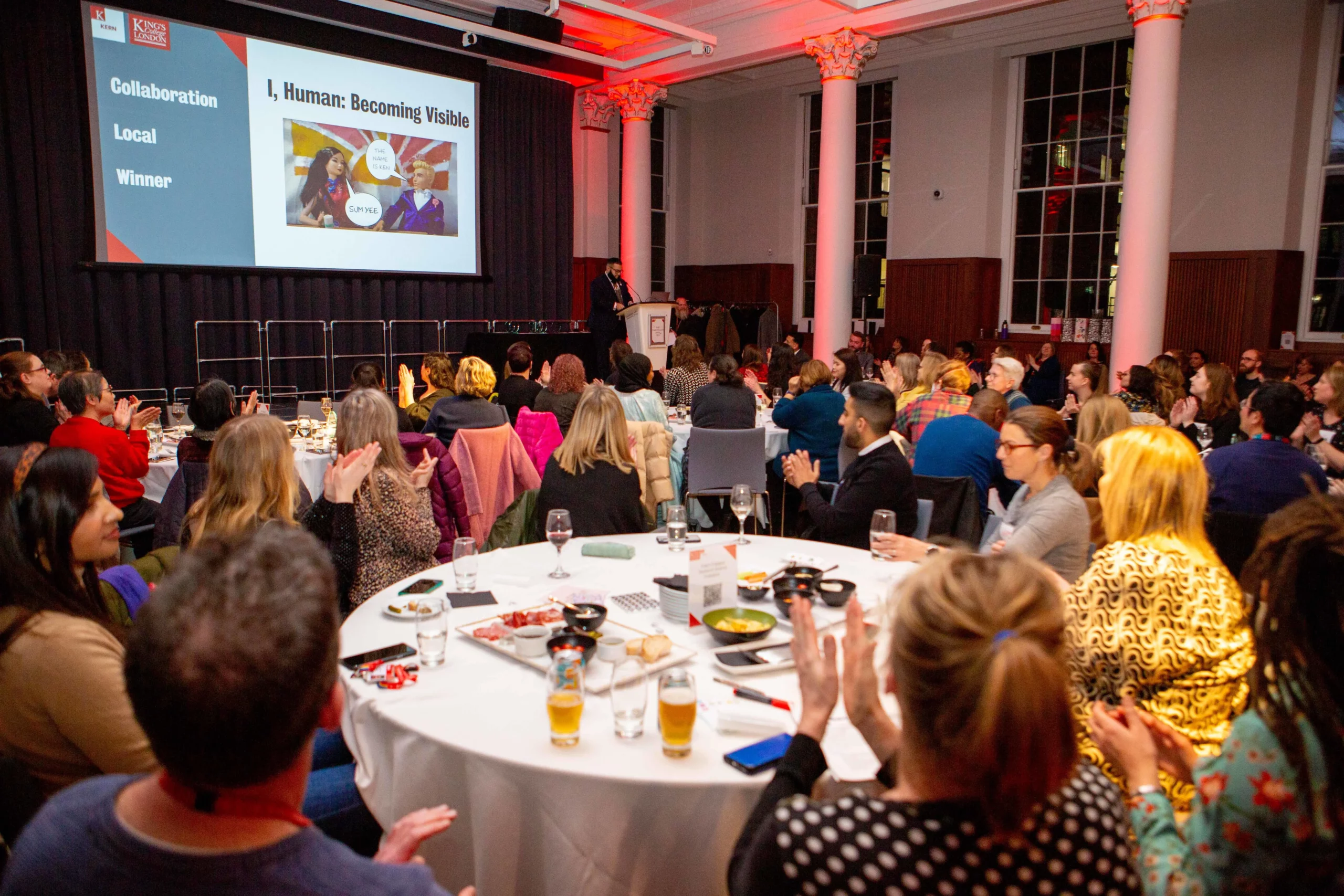The Department of Digital Humanities is delighted to announce a prestigious new doctoral scholarship scheme, offered in partnership with the Ramón Areces Foundation. The King’s–Ramón Areces Foundation PhD Scholarship Programme (K-FRA) is designed to support a researcher of Spanish nationality in undertaking full-time doctoral study within our department, starting in October 2026. A comprehensive support package …
Continue reading “New Funding Opportunity: King’s-Ramón Areces Foundation PhD Scholarship (K-FRA)”


